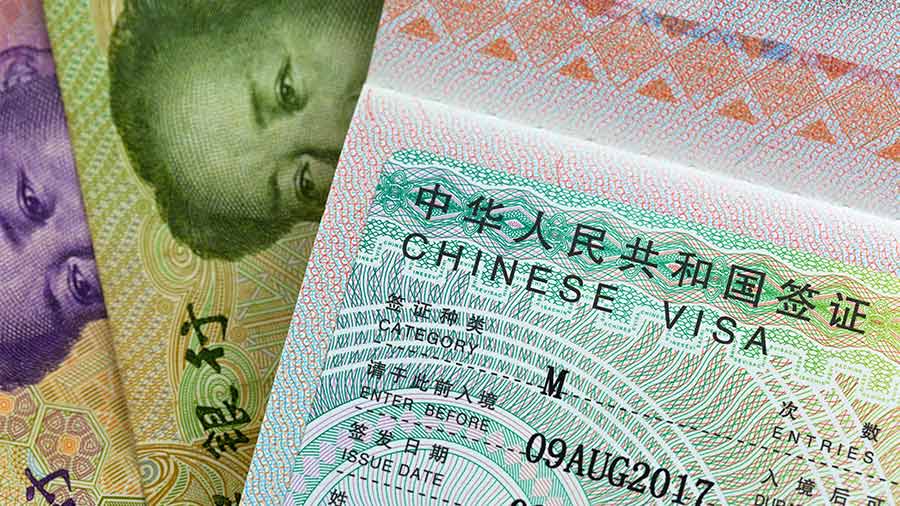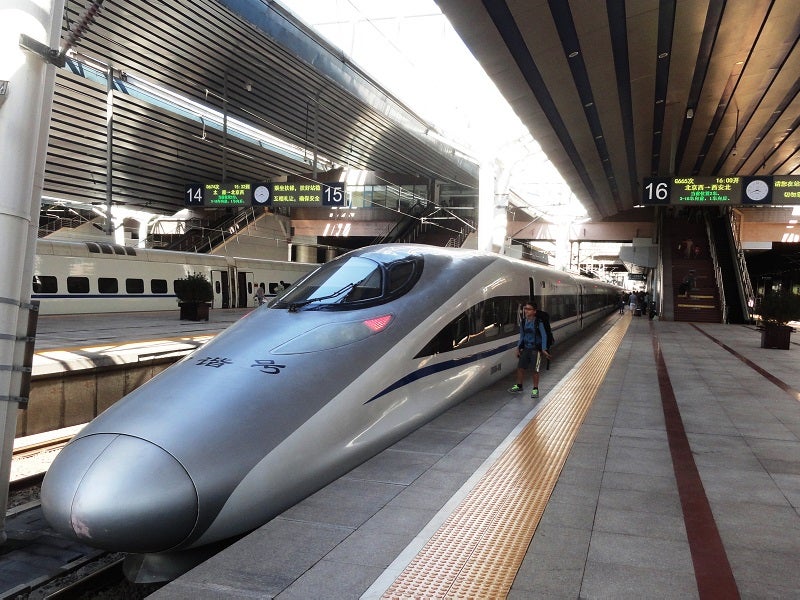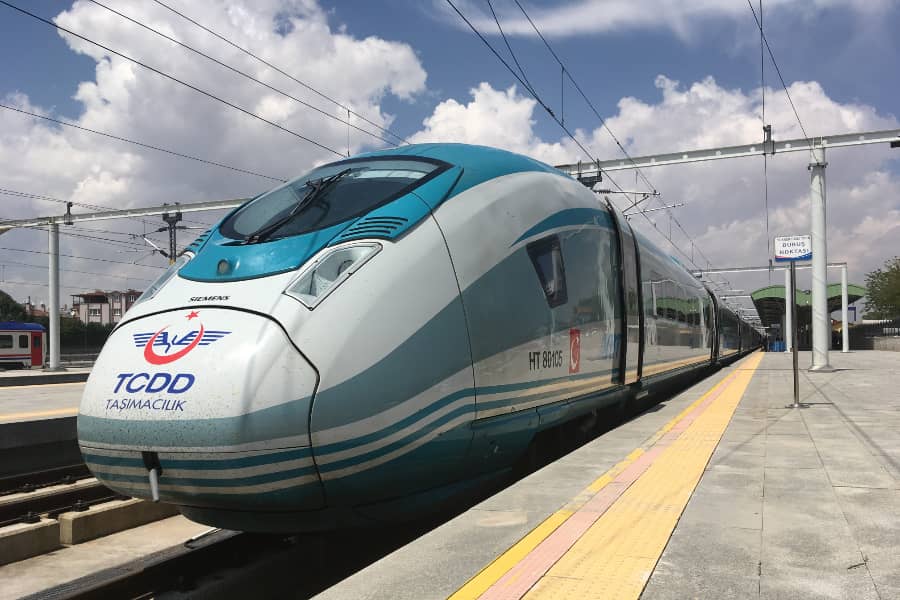
Mastering the Art of Smart Spending on Your Chinese Adventure
China, a vast country steeped in history and filled with natural wonders, offers endless opportunities for exploration. However, with its rapid development and varying costs of living across regions, managing your daily expenses can be a challenge. This does not mean your dream of a Chinese odyssey should remain just a dream – with a bit of planning and savvy spending, you can see the best of China without breaking the bank.
Knowing the Basics of Chinese Currency and Cost of Living
The currency in China is the Renminbi (RMB or CNY), and the basic unit is the yuan. In everyday use, you’ll also encounter the jiao (one-tenth of a yuan) and the fen (one-hundredth of a yuan). Most transactions in the country are now digital, with mobile payment apps like Alipay and WeChat Pay leading the way.
The cost of living varies dramatically across the country. Major cities like Beijing and Shanghai are comparable to many Western cities in terms of costs, with a meal in a mid-range restaurant going for around 150 yuan. Smaller cities, towns, and rural areas can be significantly cheaper.
Navigating the Plentiful Food Options without Overspending

China is a paradise for food lovers, with delicious and diverse cuisines that can tempt you to overspend. However, there are ways to indulge your taste buds without blowing your budget. Street food and local comfort food can be as cheap as 10 to 20 yuan a meal.
Options like jianbing (Chinese crepes), baozi (steamed buns), and jiaozi (dumplings) are not only affordable but also give a taste of authentic Chinese culture. Always look around and compare prices before deciding where to eat.
Choosing Accommodation That Suits Your Budget
Accommodation in China can range from budget-friendly hostels to luxurious five-star hotels. If you’re on a tight budget, consider staying at hostels or guesthouses, which offer dormitory-style rooms at around 50 to 100 yuan per night.
Another cost-effective option is to book an apartment or a room through platforms like Airbnb. Not only does this often provide greater comfort and privacy than a hostel, but it also gives you the chance to live like a local.
Opting for Public Transportation and Off-Peak Travel

Public transportation in China is efficient and affordable. With a metro ride costing around 3 to 6 yuan and a bus ride even less, getting around the city doesn’t have to cost a fortune.
One way to save significantly on travel expenses is to avoid peak tourist seasons. Airfare and accommodation prices can skyrocket during holidays like the Chinese New Year and the National Day Golden Week.
Smart Shopping and Bargaining
Shopping in China can be an exhilarating experience, but it can also quickly eat into your budget. Many markets and street vendors in China expect you to bargain, which can help cut down costs. Here’s a general guide on bargaining:
- Start by offering 50% less than the asking price.
- Stay firm but polite.
- Don’t be afraid to walk away if you feel the price is too high.
Remember to always compare prices and avoid impulse buying.
In conclusion, managing your daily expenses while traveling in China does require some planning, but it’s more than doable. With a bit of budgeting, smart choices, and a willingness to immerse yourself in local culture, your Chinese odyssey can be not just affordable, but truly unforgettable. After all, the heart of travel lies not in extravagant spending, but in the richness of experiences and memories you gain along the way.











